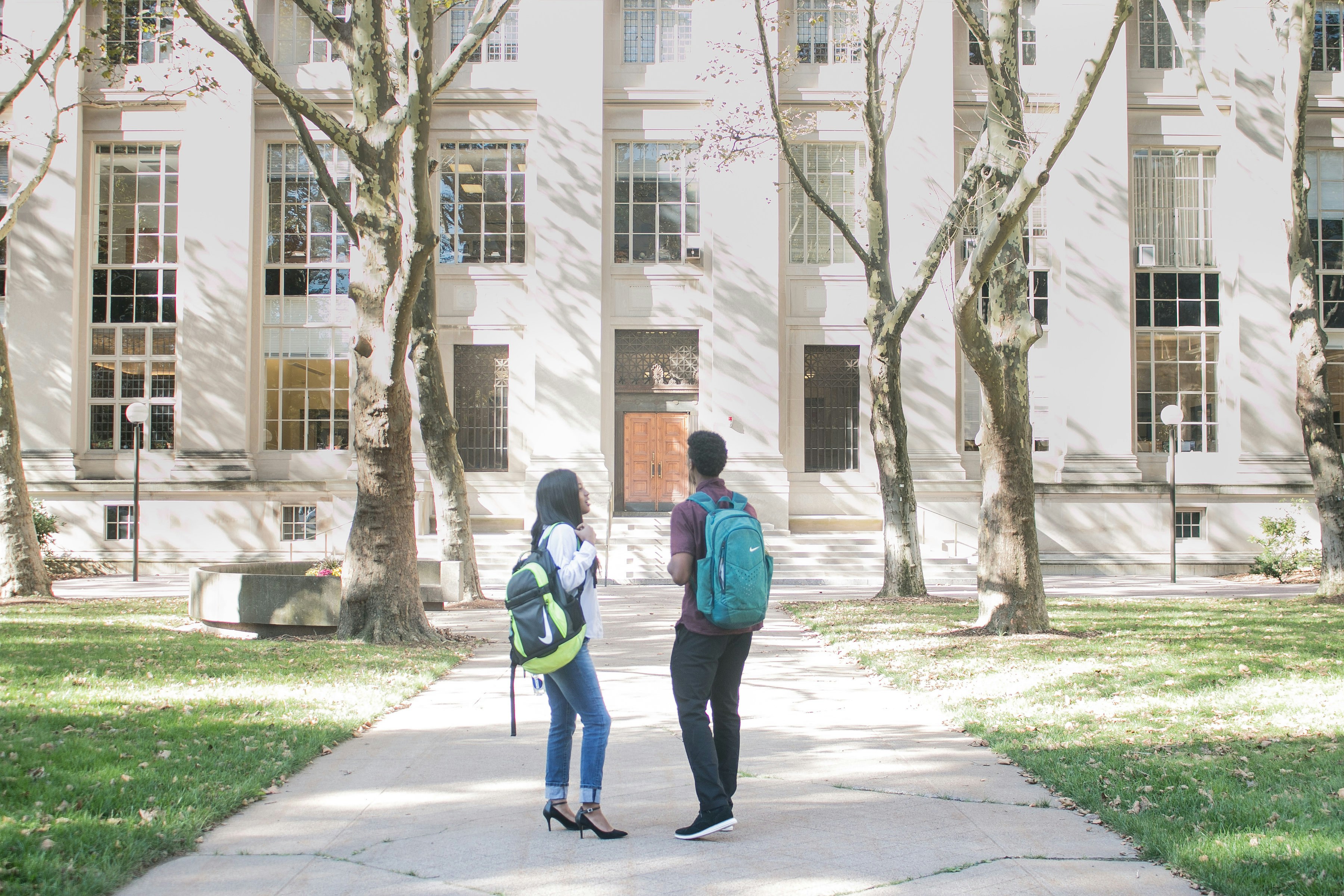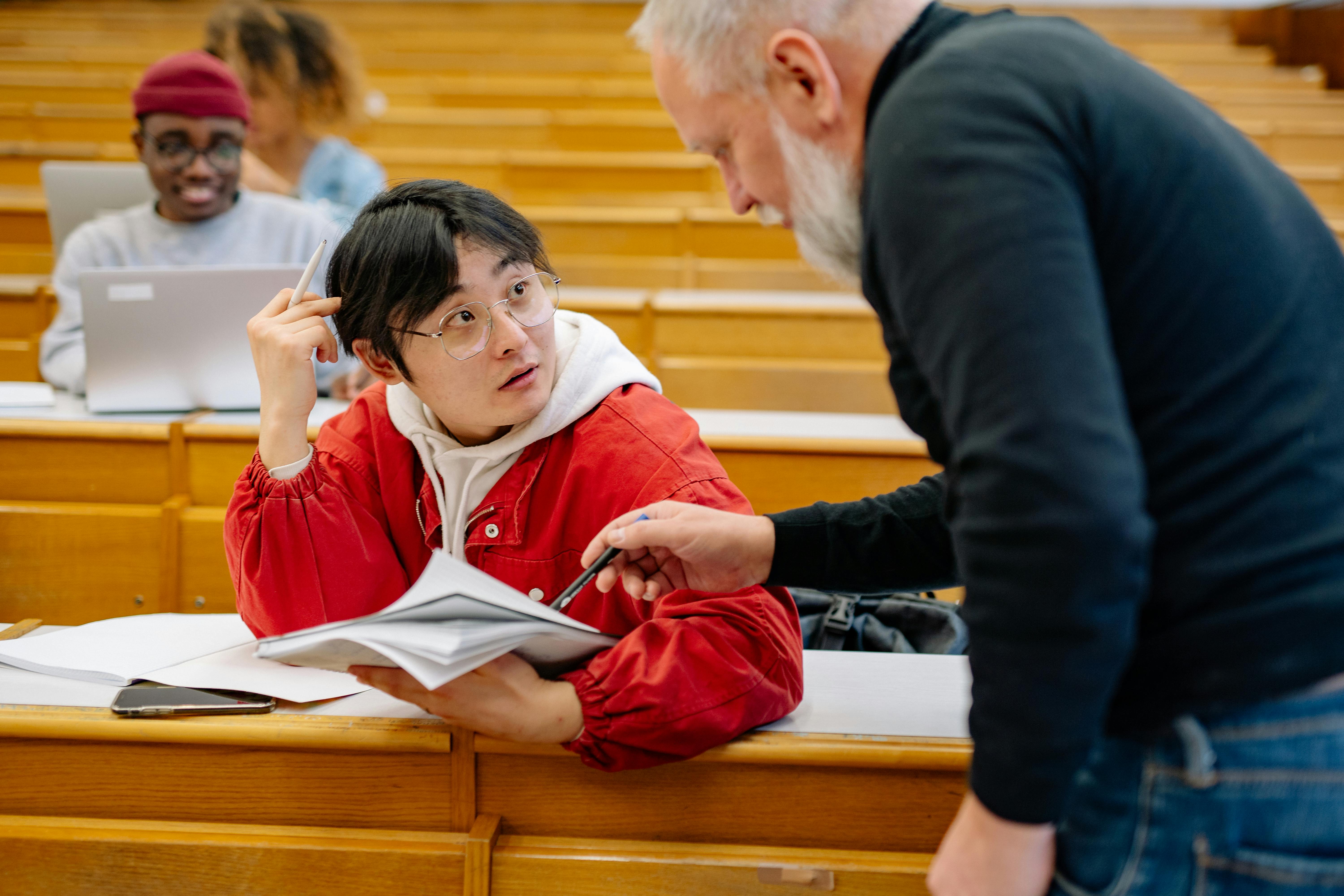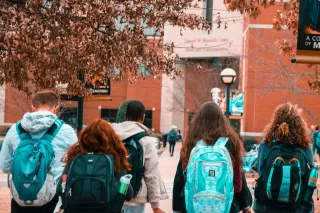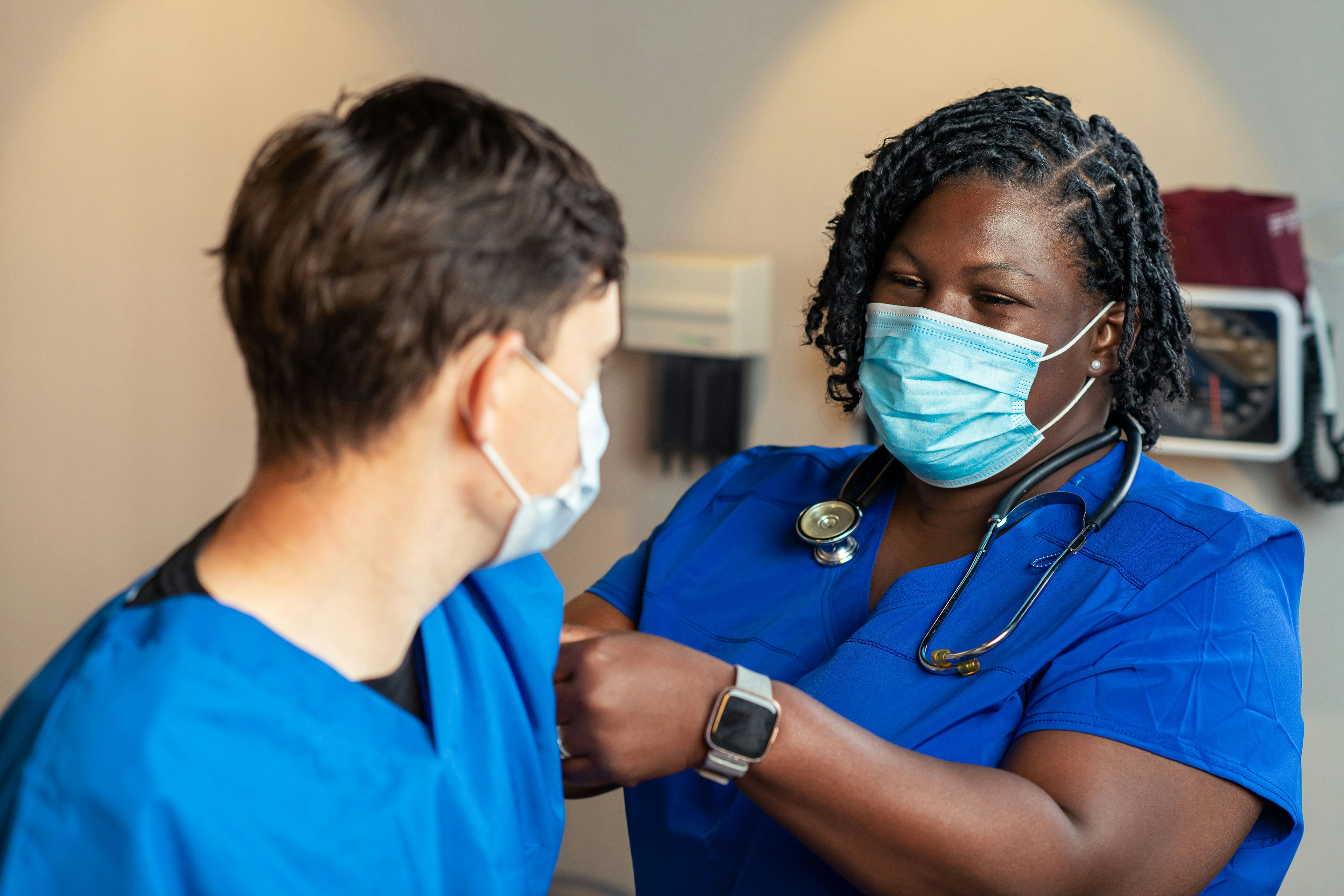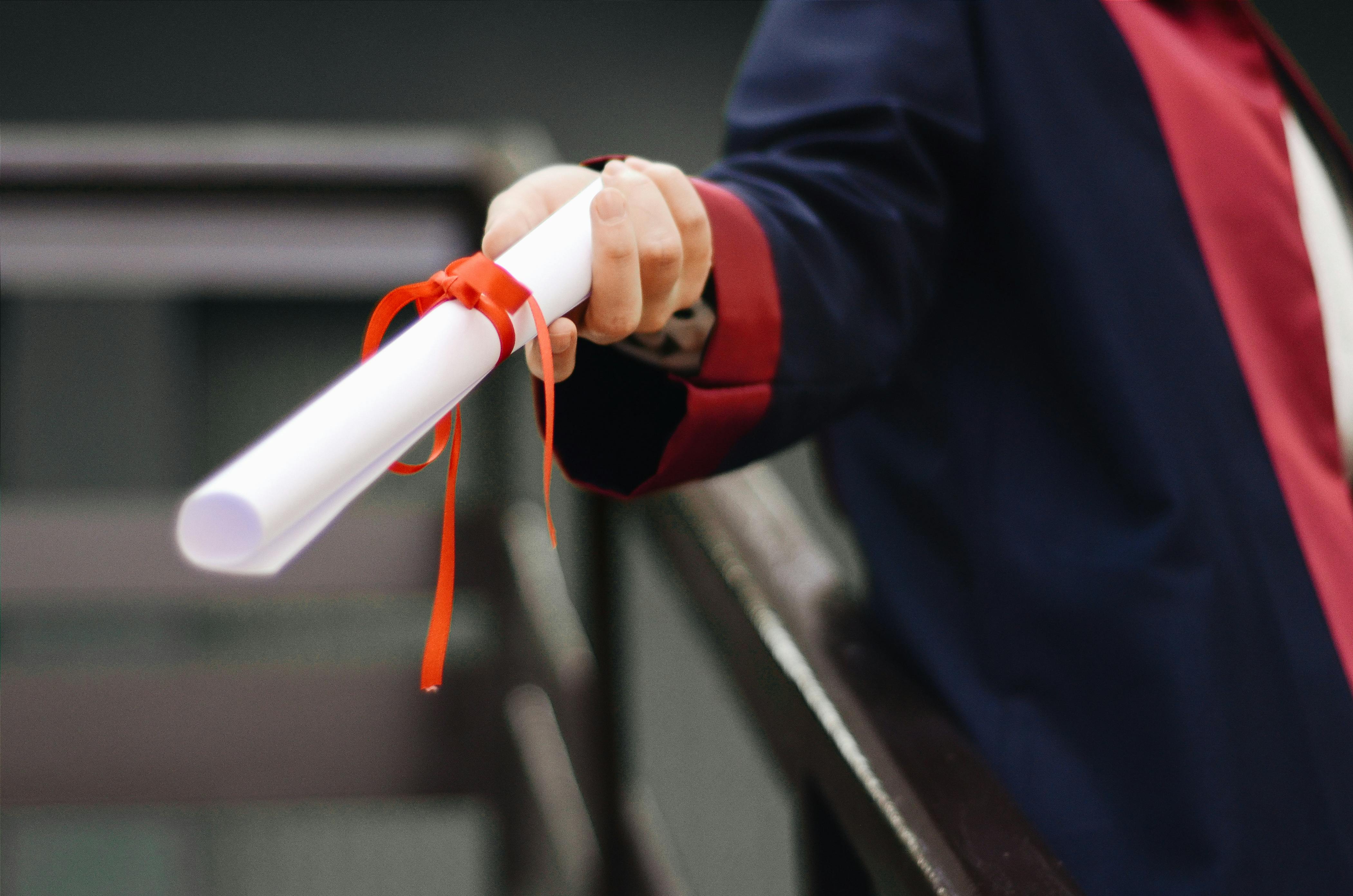February 9, 2021
Redefining Student-Centered Education During A Pandemic
Creating a student-centered learning experience online means creating outlets for students to voice concerns and offering mental health services in light of increased stressors.

Ross E O’Hara, Ph.D.
About

Students need unique support for online learning, such as Lakeland's Camp for Remote Learning and Remote Learning Concierge
Students are experiencing rising levels of anxiety, depression, and burnout
Behavioral science strategies such as expressive writing, goal setting and advice giving can alleviate students' stress and support mental health
With the pandemic keeping college students out of the classroom and off campus, many institutions are asking themselves, how can we be student-centered if we don’t even know what’s going on with our students? We recently hosted a webinar to share the major challenges we’ve heard students talk about this semester, and ways in which our organizations—Lakeland Community College (Kirtland, OH) and Persistence Plus—have worked individually and in tandem to address those challenges.
Lakeland and Persistence Plus have partnered since 2017 to bolster student success via a marriage of behavioral science, mobile technology, and on-campus efforts. The strength of our partnership allowed us to tap into students’ hidden barriers with the onset of the pandemic and keep their experiences at the center of our interventions and programs. Lakeland has used its human-centered design thinking approach to reach out to students, listen to their concerns, and offer resources. Meanwhile, Persistence Plus has refined its approach to mobile nudging by examining thousands of open-ended responses shared on our platform since March by students at two- and four-year institutions nationwide. There are three major issues that emerged from the students’ responses to nudges: online learning, burnout, and mental health.
Read on to learn Persistence Plus and Lakeland collaborated to support students' wellness during the COVID-19 pandemic.
Subscribe to our newsletter
Stay updated on our latest posts and research-backed insights.
Thank you! Your submission has been received!
Oops! Something went wrong while submitting the form.

Ross E O’Hara, Ph.D.
Chief Learning Officer
Dr. O'Hara is Chief Learning Officer at Persistence Plus, where he applies his expertise in behavioral science to develop scalable interventions that improve college student retention. He has developed motivational and empathetic messaging for college students for over 11 years, and he currently leads a Lumina Foundation-funded action research project on continuous enrollment in community colleges. Dr. O’Hara earned his Ph.D. in social psychology from Dartmouth College and completed post-doctoral fellowships at the University of Missouri and the University of Connecticut. His research has appeared in numerous peer-reviewed journals, including AERA Open and the Journal of Postsecondary Success, and he has contributed to Behavioral Scientist, the EvoLLLution, and EDUCAUSE Review, among others.
%201.svg)






